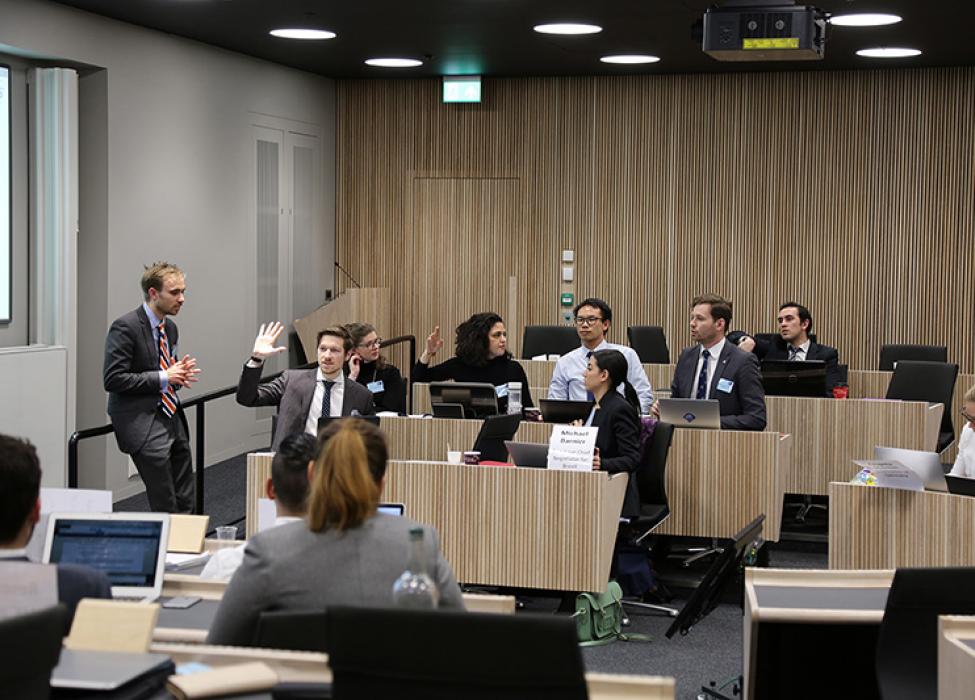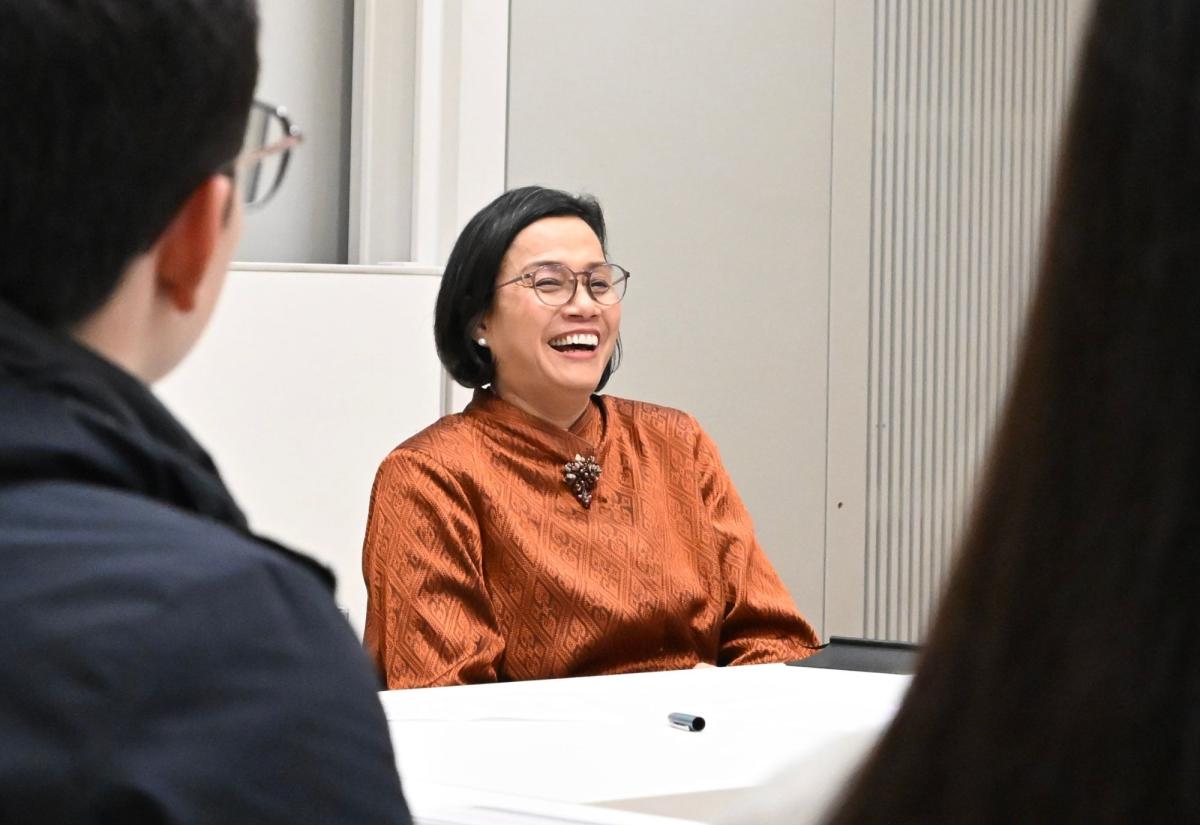
The MPP is designed to prepare future world leaders for the challenges of creating and delivering effective public policy. For this, they require outstanding analytical, negotiation and communication skills, as well as the ability to put forward the views of the people they represent, whether they personally share those views or not. Successful policymaking also depends on adaptability and being able to reap the benefits of difference through working with others.
The annual policymaking simulation exercise puts all of this to the test. For the past two days, our MPP students have been applying the great variety of skills and knowledge that they have gained on the course so far in intensive, and at times heated, debates. The simulations revolve around three highly pressing issues facing the international community today: climate change, the Trans-Pacific Partnership and Brexit. Students thus have the opportunity to engage with current, real-life topics, which is an essential part of their preparation for public service.
The students have been debating these topics ahead of or surrounding official negotiations. The climate talks simulate the 23rd Session of the Conference of the Parties to the United Nations Framework Convention on Climate Change, which will take place in Bonn in November this year. The Trans-Pacific Partnership talks simulate the final stages of TPP negotiations. The deal was signed in February 2016, but has yet to be ratified by all member states, so it remains a highly relevant and controversial policy area. Finally, the Brexit simulation imagines the exit negotiations which will take place between the United Kingdom, the other 27 EU member states and key EU representatives once Article 50 has been triggered.
During the simulations, each student was tasked with taking on the role of a government negotiator or another key non-state actor, such as a representative from an interest group. Extensive, collaborative preparation was required for successful role-playing – after identifying the priorities of their role, students had to develop a strategy to best achieve those goals. This involved working out their key allies and opponents, as well as outcomes they would not accept. All participants also required in-depth, highly technical knowledge of the subject area.
This is among the most demanding aspects of the MPP course, requiring not only practical skills and extensive knowledge of inter-related policy issues, but also the ability to overcome internal differences within a group. The simulations provide students with experience of the difficulties which can arise in policymaking, and therefore perfectly complement the theoretical training of the MPP.
Dr Maya Tudor, Associate Professor of Government and Public Policy, was in charge of this year’s simulations. She said:
“At the Blavatnik School, we run these simulations because we value practical knowledge. We appreciate that there is a world of difference between reading about how to build coalitions in theory and actually having to engage in the sometimes excruciatingly slow process of building coalitions across these complex sets of policy negotiations.”
The two-day event was a great success and we look forward to next year’s simulations.
Recent news
MPP and MSc alumnus Carlos Santiago Guzmán wins the inaugural Michael Cichon Graduate Award
Carlos Santiago Guzmán Gutiérrez, an alumnus of the Master of Public Policy and the MSc in Public Policy Research, has received the inaugural Michael Cichon Graduate Award for outstanding master’s thesis in Social Protection. The award recognises his MSc thesis, “Universal Social Protection Schemes in Forced Displacement Settings: Evidence from Colombia.”



